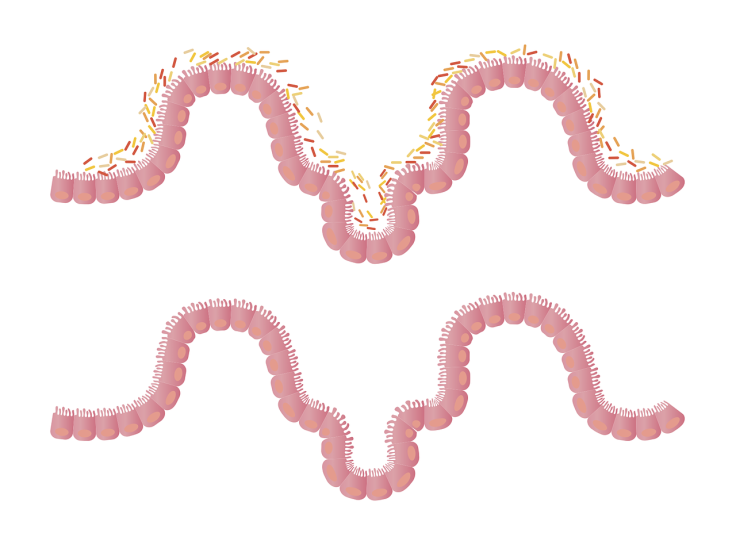Crohn's Disease Research 2017: How Gut Bacteria Imbalance Leads To Inflammation

More than one million Americans suffer from Inflammator Bowel Disease, according to the Centers for Disease Control and Prevention. The most common types of IBD are Crohn’s disease and ulcerative colitis. Identifying cases of IBD is often inconsistent and people may be misdiagnosed, the CDC reports.
There is currently no cure for those who suffer from IBD, inflammatory bowel disease. However, a new study that sheds light on the body’s changes during inflammation may ultimately help lead to a cure.
In a study done on mice at UT Southwestern Medical Center, researchers discovered the mechanism behind the gut’s changes.
Read: Crohn’s Disease Facts: Warning Signs And Symptoms Of Inflammatory Bowel Disease
“We found that gut inflammation correlates with a change in the nutrients available to the bacteria,” co-first author Elizabeth Hughes, told MedicalXpress.
Microbial communities, or microbiota, are critical to a healthy gut, which is important for digestion, prevention of infection, and the maintenance of a healthy immune system.
When microbiota are imbalanced, inflammation occurs.
“Beneficial bacteria begin to dwindle in numbers as less beneficial, or even harmful, bacteria flourish,” Hughes said. “This imbalance of microbiota is believed to exacerbate the inflammation.”
IBD involves chronic inflammation of some or all of your digestive track and includes symptoms such as diarrhea, fever, abdominal pain, and reduced appetite, among other symptoms, according to the Mayo Clinic.
The research, published in Cell Host and Microbe, is important for providing insight for future prevention and treatment strategies, which currently do not exist.
The research team at UT Southwestern Medical Center plans to continue to study the mechanisms involved in gut inflammation to better understand how to treat IBD.
See also: Crohn’s Disease And Ulcerative Colitis Patients May Benefit From Restarting Infliximab Treatment



























